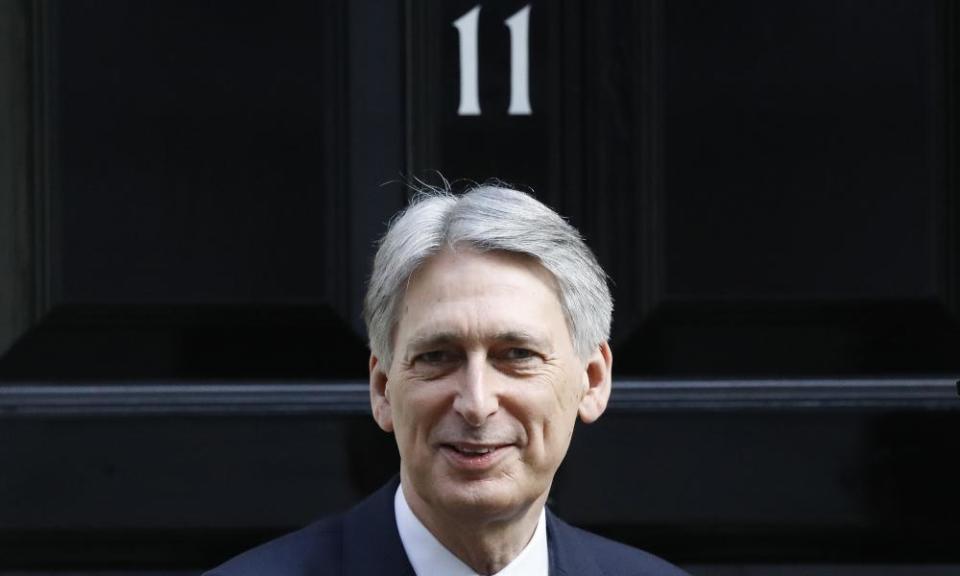Being boring is Philip Hammond's best survival hope

For Philip Hammond it is hard to see Wednesday 22 November as anything other than a lose-lose moment.
In this budget – his first financial statement since the Conservatives were stripped of their majority in June’s general election – the chancellor is faced with a string of unenviable tasks.
First, he is determined to maintain his reputation as “fiscal Phil” who, sources say, wants the budget to be first and foremost dominated by the principle of “sound money”.
Next, he cannot ignore the urgent need to respond to the disastrous June election result. Jeremy Corbyn stripped Theresa May of a majority by attracting hordes of young voters (many of whom had never voted before) and securing the support of many middle-aged ones too.
Many pointed to frustrations with austerity, not least among public sector workers who had faced years of pay restraint, and warned that the Tories faced an existential threat if they did not do something bold to reach out to the young.
But how can Hammond offer something meaty enough (on areas as vast as housing, infrastructure, universal credit and technological innovation) while sticking to his pledge to be fiscally conservative? The only answer is to take steps that will raise large amounts of money.
Unfortunately, with the mathematics of a hung parliament, in which May can only secure wins with the help of the DUP, the chancellor is stuck when it comes to controversial steps that would help boost government finances. As one senior Treasury official put it to me: “We can’t possibly get controversial tax changes through this parliament.” One suggestion from Tory MPs to unfreeze fuel duty triggered a laugh from the source, who made clear there was no chance of passing anything like that.
After all, even with a majority, Hammond’s attempts – in March – to change tax rules for the self-employed were rounded on as a hammering for the white-van man, and had to be ditched within weeks.
One idea this time, to lower VAT thresholds for businesses, has been described as so controversial by one cabinet colleague of the chancellor that they say such a move would kill Hammond’s career.
And none of that even starts to delve into the Brexit challenge facing the chancellor. In the summer, when he felt buoyed at having avoided being sacked after the election, Hammond was seen as the poster boy for soft Brexit.
But that has won him a number of powerful critics on the Tory backbenches, MPs who are deeply frustrated by what they see as a negative outlook from Treasury officials over Britain’s future.
Many of them would like nothing more than to see this chancellor slip up – and would be relaxed if it was the budget, rather than Brexit itself, that cost the chancellor his government career.
All of which leaves the chancellor facing a toxic budget mix.
Attempts to be bold – for example, by hitting pension tax relief for the old to help the young, in a shift towards intergenerational fairness – simply will not do. Hammond is too politically weak to risk irritating his party’s electoral base. His safest option, then, is to be no more than boring Phil: offering a budget that will do little to shift the Conservatives’ post-election reputation, but might just keep him seated at No 11 Downing Street for a few months yet.

 Yahoo News
Yahoo News 